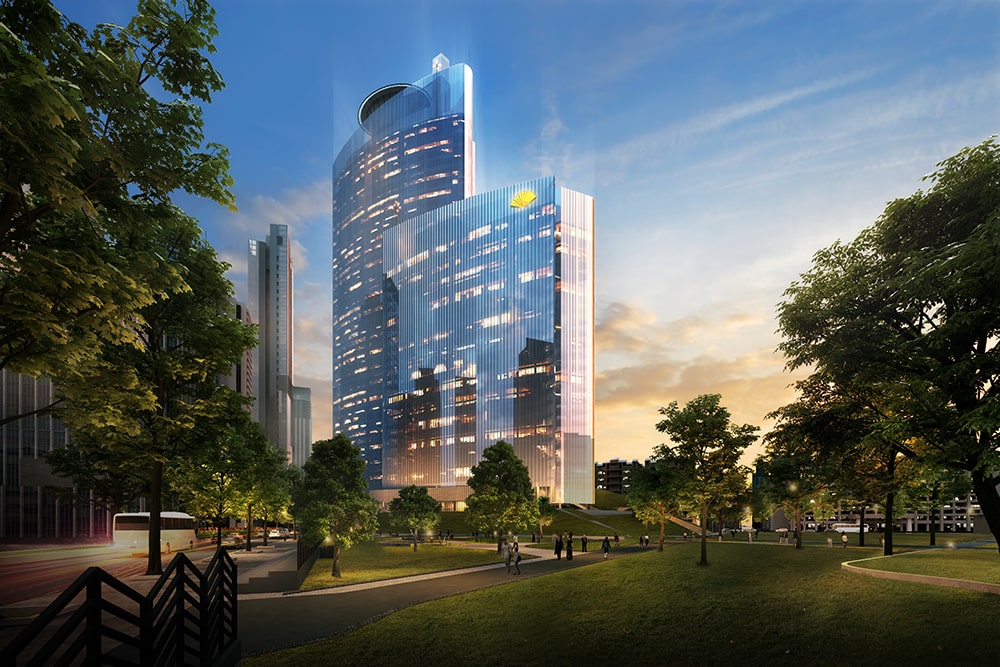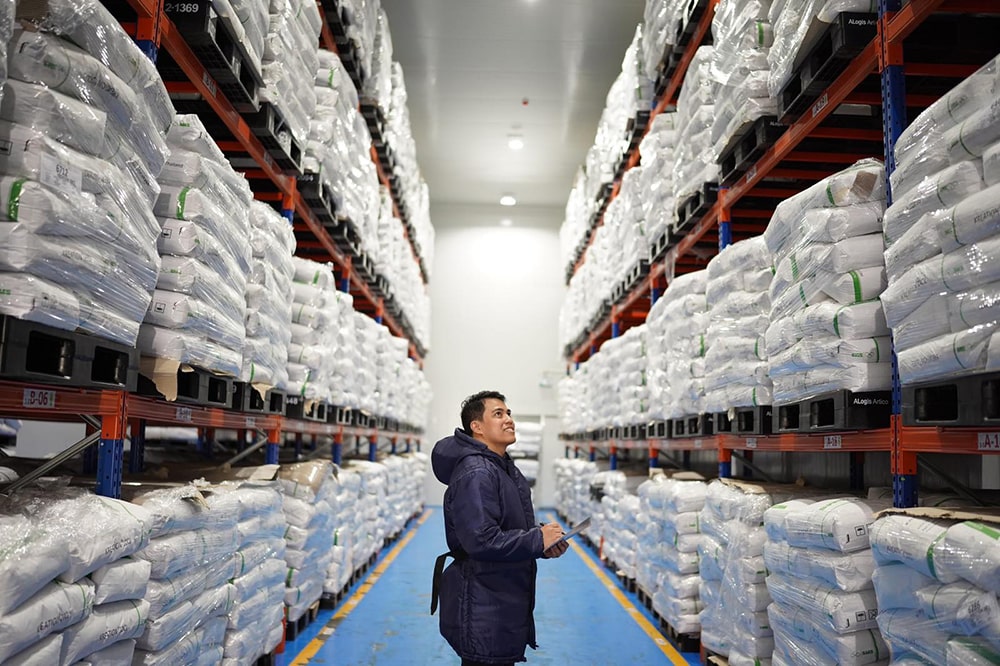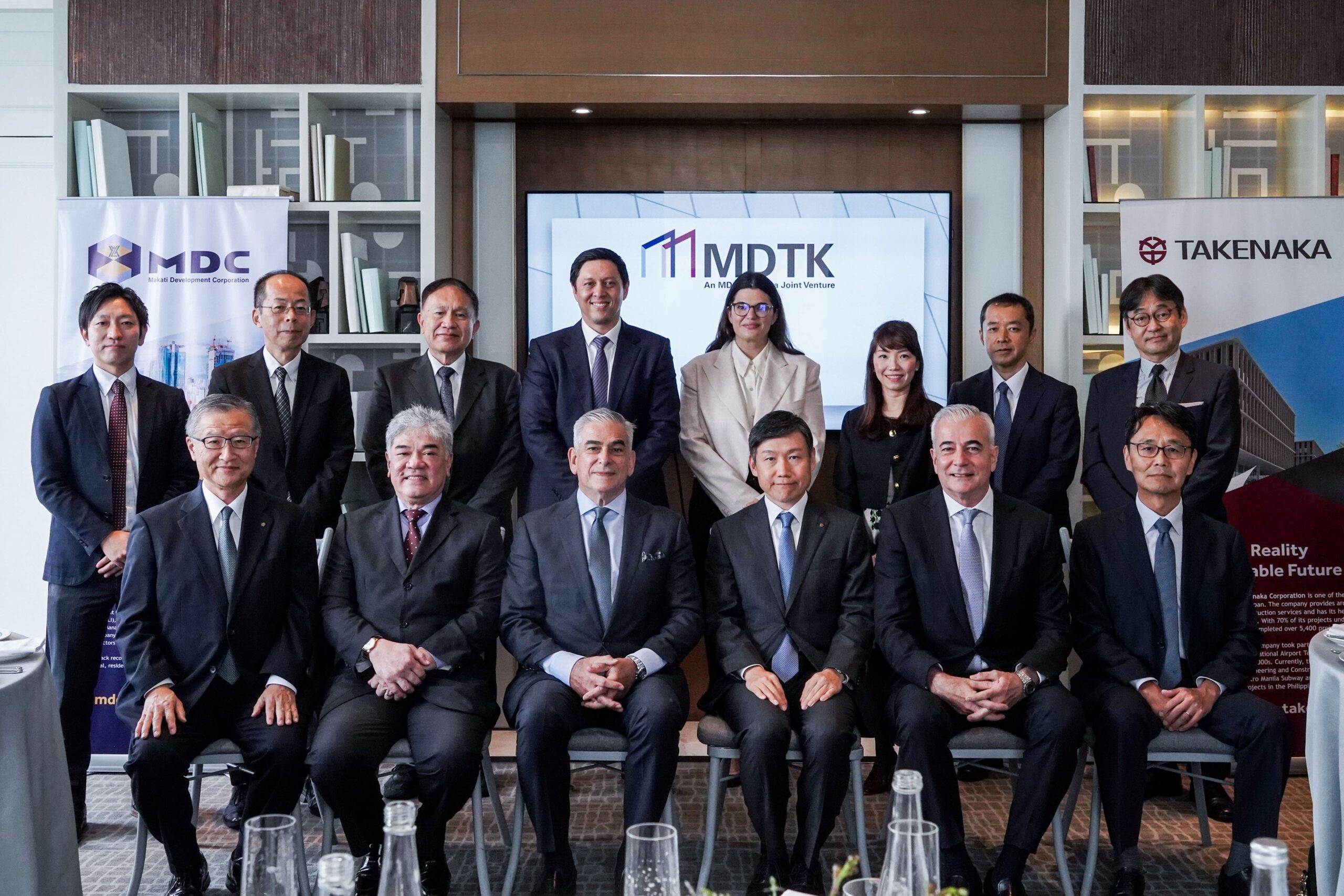Adapting to shifting consumer needs key to Ayala Land’s sustained performance

Ayala Land, Inc.’s (ALI) strategic adjustments to its business lines and service delivery amid the pandemic have allowed it to successfully adapt to changes in market needs. The company is now poised to build on post-pandemic opportunities with its diverse portfolio of offerings that continue to contribute to sustainable development throughout the country.
Resilient operations coupled with relaxed quarantine restrictions towards the end of last year have helped ALI post total revenues of P106.1 billion and a net income of P12.2 billion in 2021. These represented increases of 10% and 40% respectively compared to the previous year.
“Our diversified portfolio has served us in good stead, especially during this pandemic, enabling us to cushion the impact of cyclicality and risks within each business line. It continues to give us a competitive advantage to capitalize on opportunities whenever they arise and provide inclusive environments that foster growth for communities and businesses,” said Ayala Land Chairman Fernando Zobel de Ayala.
Zobel explained how ALI’s various businesses pivoted to the changing needs of the market, citing how its residential business catered to the increased demand for horizontal products, and how the malls repurposed spaces by introducing experiential retail, reinforcing the malls’ purpose as community centers. ALI’s hotels and resorts also provided safe accommodations to returning Filipinos for their quarantine requirements and domestic tourists through travel bubbles.
Ayala Land President and CEO Bernard Vincent O. Dy added that the company will continue to focus on its innovations to improve operating efficiency, project delivery and customer engagement as the country enters the recovery phase. Digital marketing channels for instance, brought in P20.2 billion in reservation sales, representing 22% of the total for ALI’s residential brands.
Its construction arm, Makati Development Corporation (MDC), also accelerated its Design for Manufacturing Assembly (DfMA) initiatives to reduce construction time and minimize rework. Today, approximately 40% of construction work for vertical developments is done offsite.
“I believe that all our major businesses will remain relevant post-pandemic. Some will even benefit from the changes in consumer preferences, while a few businesses will require a higher level of reinvention, with changes that we need to implement quickly,” said Dy.
ALI also strengthened its commitment to supporting social development by launching the Alagang AyalaLand program in 2021. This provided free space to social enterprises in its malls and assisted victims of the Taal Volcano eruption and Typhoon Odette.
“We see this as a continuing thrust from hereon as we acknowledge our capability to extend resources to those in need and enhance lives by opening opportunities for small Filipino businesses to succeed,” Zobel said.
“Our commercial properties also reached a major milestone in environmental sustainability by reaching carbon neutral status, a year ahead of target… a testament to how we have integrated sustainability into our business,” he added.
Emissions from Ayala Land’s commercial properties have been reduced and offset to achieve carbon neutrality status by shifting to renewable energy, nurturing carbon forests or carbon sinks in its landbank, and continuing energy efficiency measures. Its malls in Metro Manila also segregate, measure, and collect clean and dry plastics. About 75 tons of plastics were used for MDC’s ready-mix concrete and eco products for sidewalks and perimeter fences in its developments.
“We will continue to invest for our shareholders and stakeholders, given the ever-increasing importance of living in a sustainable community, especially with pressing climate change concerns. We will continue transforming our business models to regain our position and bring back the shareholder value we generated before the pandemic,” said Zobel.


